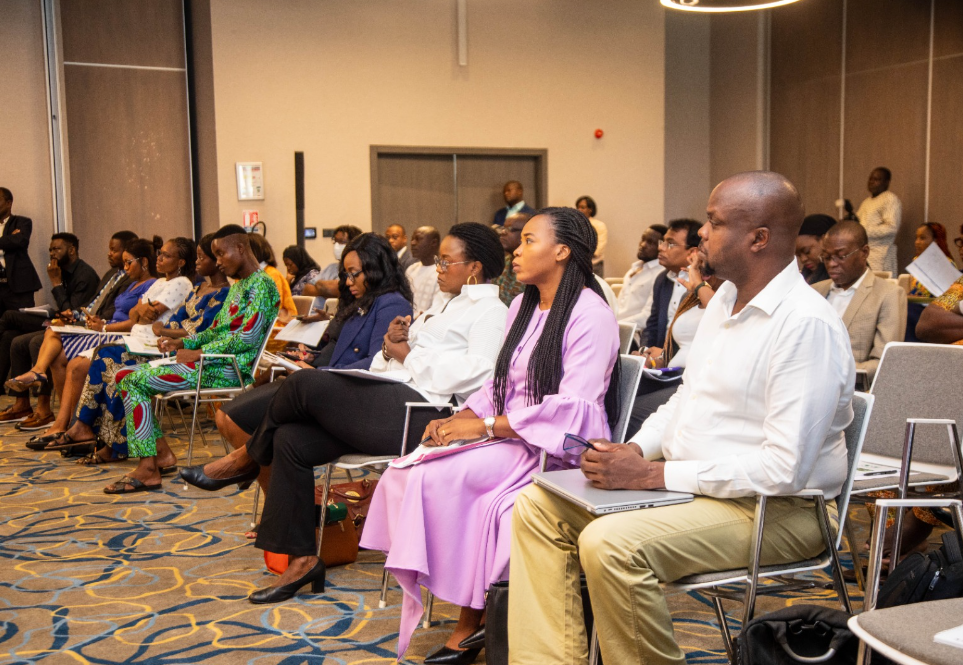
The office environment of the African Development Lender Group, the govt of Benin and several stakeholders have done a workshop aimed at determining the worries confronted by the country’s textile sector and checking out techniques of growing the benefit chain.
The software is expected to direct to the adoption of a production design that is available and monetarily successful for neighborhood shoppers though also fulfilling the demand for exports. This is in addition to the mass generation of textile things.
In addition to the mass generation of textile merchandise, the expectation is that the initiative ought to also direct to the implementation of a mutually valuable production product that is obtainable and fiscally worthwhile for local shoppers whilst also satisfying need for exports.
“This workshop suits completely into the dynamics of structural reinforcement of the textile business in Benin and the logic of consuming domestically created goods,” claimed Dario G. Ebo Sacramento, deputy director of the Cupboard of the Ministry of Business and Trade during the workshop. “This is a sector which presents lots of prospects at all stages of the price chain. The job for the industrialisation of modest-scale clothing in Benin, proposed by the African Improvement Bank, is component of the innovation motion with significant extra value for the Beninese customer, which the govt is attempting to boost in just the Beninese field,” he additional.
Attendees included fabric makers, dyers, stylists, designers, embroiderers, seamstresses, shoppers, guidance functionality pros, price chain industry experts of textile associations, and federal government officials. To have interaction area players in value chains for the mass generation of textiles, they desired to understand the requires and anticipations of the textile production ecosystem.
The workshop offered the opportunity to deliver an choice to importing reduced-good quality clothing and textiles in addition to gathering qualitative facts from stakeholders on the requirements of personal and general public operators.
Nadia Adanlé, the founder of Couleur Indigo, a dyeing company that employs persons with disabilities, believes that for production to be attractive and meet the desires of neighborhood consumers as perfectly as improve the urgent need from the sector, stakeholders in the Beninese garment marketplace need to be ruled by international norms and standards.
The African Development Bank Group’s Benin place manager, Robert Masumbuko, said, “the workshop is a phase toward helping Beninese modest and medium-sized enterprises to construction themselves and pool their endeavours to help the dynamics established up by the Beninese authorities in favour of the development of the textile market, through neighborhood mass creation.”

